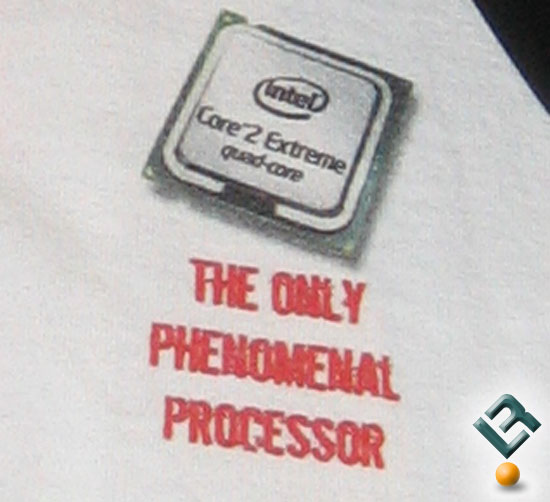Sounds like a bunch of speculation to me.
I've admitted as much by stating I'm only going by rumors for the ATI side of the business.
I did not and do not have a direct line of communication with the internals of ATI/AMD.
What, exactly, does this mean?
The CPU division and AMD's own marketing, in their zeal to reassure customers that the next miracle stepping is just around the corner, have made a number of public comments from which we can infer a lot about AMD's design, process transitions, and fab times.
The entire BA/B1/B2/B3 stepping debacle and the succession of unmet release and re-release dates is a pretty good collection of data points concerning how long it takes to finalize a revision and how long it takes AMD to get finished silicon.
A whole slew patents, comments by industry insiders, a number of departures of former CPU design leads, a lot of PR statements and convenient PR statement omissions have been very helpful.
Hector Ruiz himself pegged Barcelona as 6 months late in an interview.
(edit: The patents and turnover of deisgn leads indicate K8's replacement was restarted at least twice).
I don't need to speculate as much for AMD's CPU side, because the situation they're in has basically beat any margin for spin out of them.
People have already predicted successfully the delay of Bulldozer and the likelihood that Shanghai is a late 4Q 08 or 09 product based on the existence of Montreal (AMD's official slides) and the admission that Shanghai hasn't even taped out yet (a PR statement that they expect first silicon for a product that usually takes at least a year, and the fact that the design center responsible for Shanghai wasn't even open as of December last year), respectively.
AMD has helpfully confirmed all of that, unless Phil Hester, Dirk Meyer, and Hector Ruiz are lying to investors in violation of how many laws.
They can't provide mysteries needed for speculation because their guidance has been so wrong recently that they're pushing the line for shareholder lawsuits.

